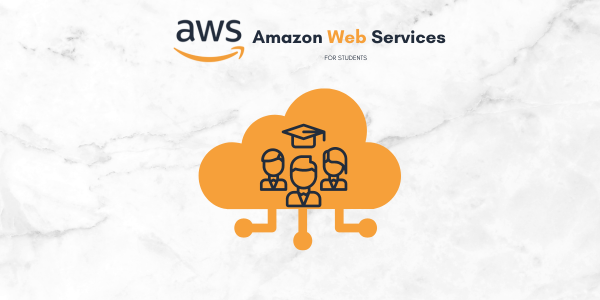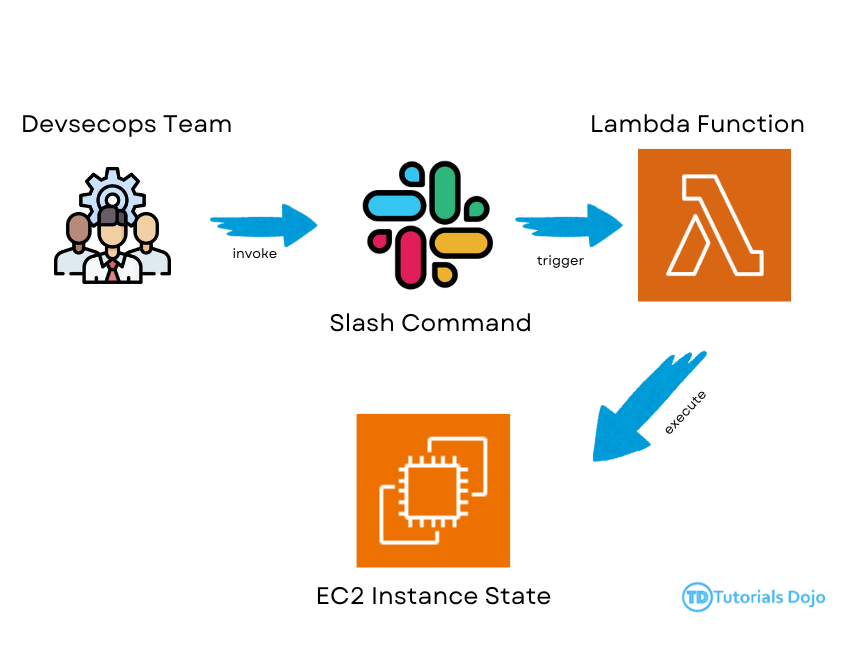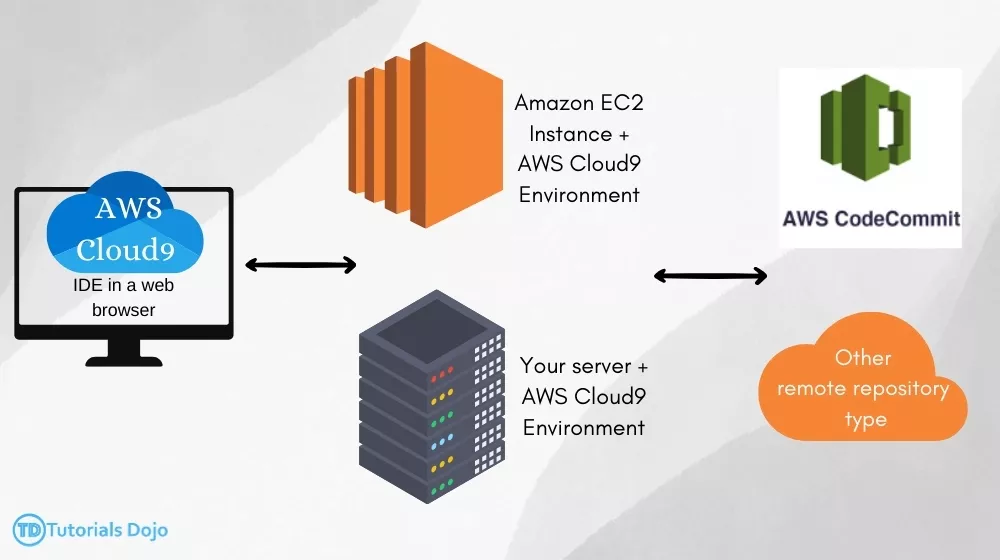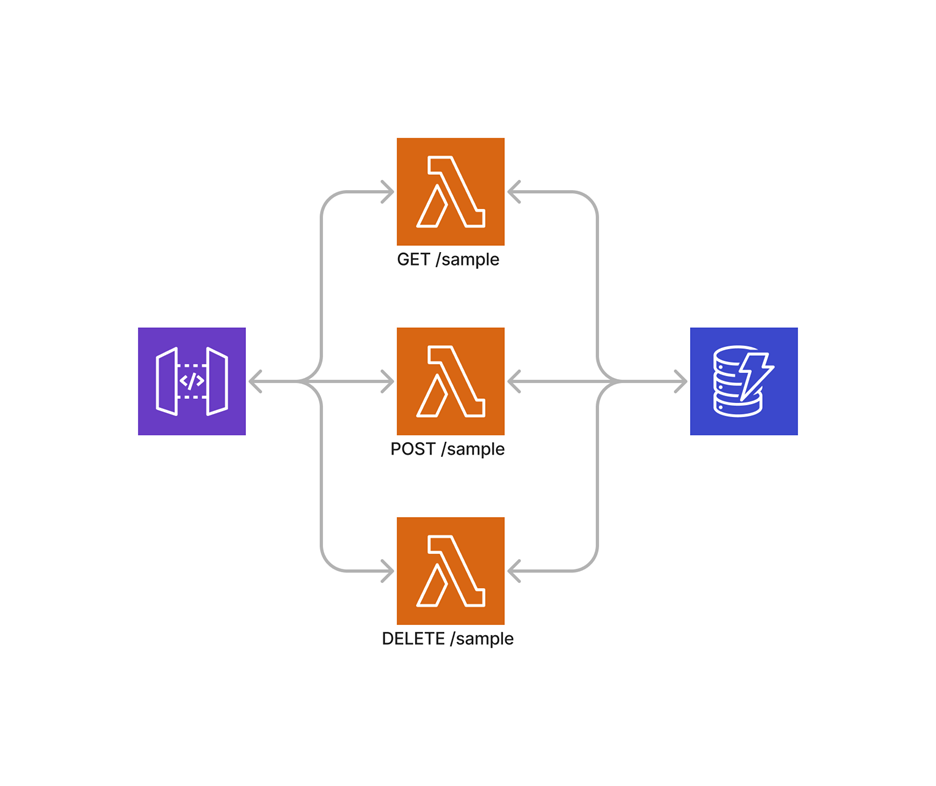Understanding and Managing AWS Lambda Recursive Loop Invocations
Neil Rico2024-06-11T01:05:06+00:00Introduction AWS Lambda is a serverless computing service that allows developers to run code without provisioning or managing servers. It automatically scales applications by running code in response to events and only charges for the compute time used. This makes AWS Lambda an ideal choice for building scalable and cost-effective applications. However, one challenge that developers might encounter is recursive loop invocations. This occurs when a Lambda function inadvertently triggers itself, leading to a potentially endless loop of invocations. This can result in high costs and system instability if not properly managed. In this blog post, we will explore the [...]










